The world of gourmet cuisine witnessed a historic moment as a rare white truffle shattered records at a prestigious auction in France. The prized fungus, weighing just under a kilogram, fetched an astonishing sum that left even seasoned food connoisseurs gasping. This extraordinary event not only highlighted the enduring allure of truffles but also underscored the growing appetite for luxury ingredients among global elites.
Held annually in the heart of Paris, the auction has long been considered the Olympics of truffle trading. This year's star specimen, unearthed in the forests of Alba, Italy, possessed an unusually potent aroma and near-perfect symmetry—qualities that sent bidding wars into frenzied territory. Renowned chefs from three continents participated remotely, their representatives waving numbered paddles with increasing urgency as the price escalated beyond previous benchmarks.
What makes white truffles so exceptionally valuable lies in their complete resistance to cultivation. Unlike black truffles that farmers can now grow with moderate success, the tuber magnatum pico refuses to be domesticated. Veteran truffle hunters speak of the fungi as "ghosts of the forest"—appearing unpredictably near specific oak tree roots for mere weeks each autumn. Climate change has made recent harvests particularly sparse, with this season's yield down by nearly 40% compared to a decade ago.
The winning bid came from a Macau-based casino magnate who plans to feature the truffle in an exclusive Lunar New Year banquet. Food historians note this continues a centuries-old tradition where Asian nobility prized European truffles as diplomatic gifts during the Ming Dynasty. Modern molecular analysis confirms these fungi contain over 50 aromatic compounds that stimulate human pleasure receptors more intensely than chocolate or caviar.
Critics argue such exorbitant spending on perishable ingredients borders on obscenity when millions face food insecurity. However, auction organizers counter that the event raises substantial funds for forest conservation initiatives. This year's proceeds will finance the planting of 20,000 oak saplings across former truffle regions in Provence, ensuring future harvests while combating soil erosion.
The record-breaking truffle will be flown to Asia in a specially designed humidity-controlled case accompanied by security detail. Its first shavings will grace a gold-leaf adorned risotto served to twelve VIP guests, each bite worth approximately €800. Meanwhile, scientists continue attempts to decode the truffle genome, hoping to solve the mystery of its refusal to be farmed—a breakthrough that could potentially democratize access to this culinary treasure.
As the gastronomic world absorbs the implications of this sale, smaller-scale truffle markets report increased interest from amateur food enthusiasts. Specialty stores in London and Tokyo now offer "truffle experience" packages featuring microscopic portions of lesser-quality specimens at accessible prices. This trickle-down effect suggests that while few will ever taste a record-setting truffle, its legend continues to shape global dining culture in unexpected ways.
Environmental researchers caution that truffle habitats face unprecedented threats from industrial agriculture and shifting weather patterns. Some predict wild white truffles may become commercially extinct within thirty years unless conservation efforts intensify. This recent auction may represent not just a peak in luxury food pricing, but a fleeting moment in humanity's complex relationship with nature's rarest flavors.
The story of this singular truffle reflects broader tensions between tradition and modernity, between exclusivity and sustainability. As it makes its journey from French auction house to Asian banquet table, it carries with it centuries of culinary history—and perhaps, a glimpse at the precarious future of gastronomic luxuries in an increasingly unstable world.
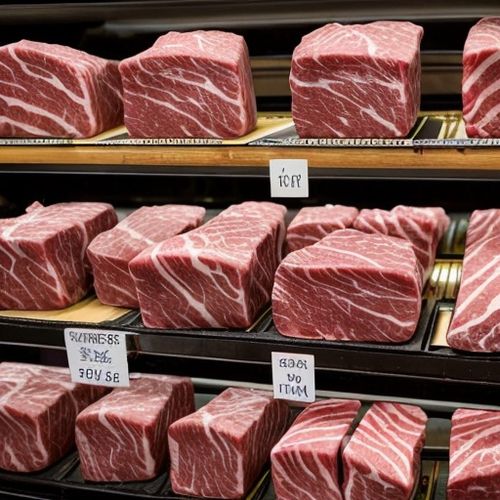
By Lily Simpson/Apr 10, 2025
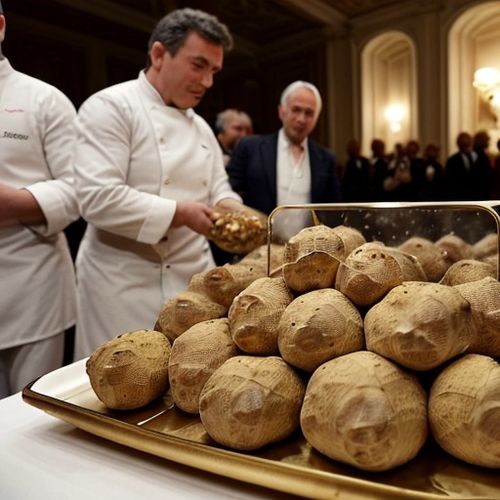
By Victoria Gonzalez/Apr 10, 2025
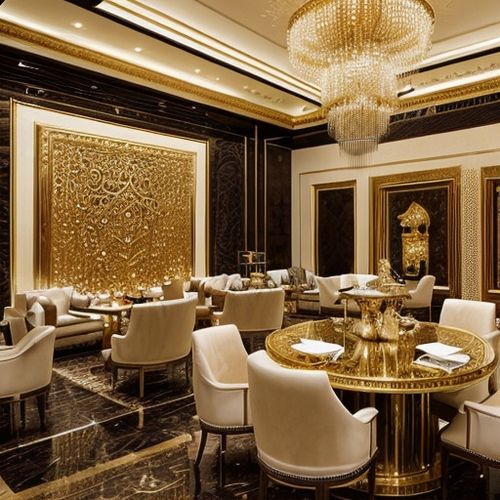
By Emily Johnson/Apr 10, 2025
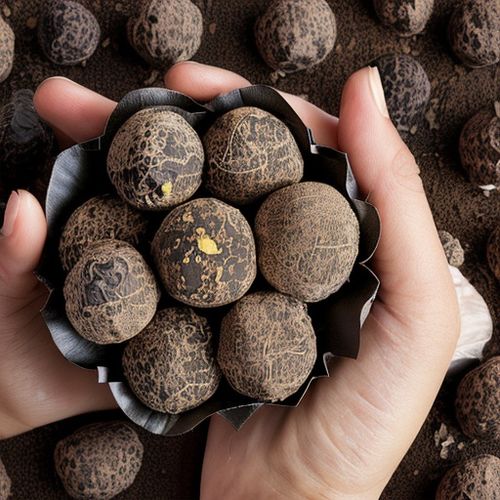
By Megan Clark/Apr 10, 2025
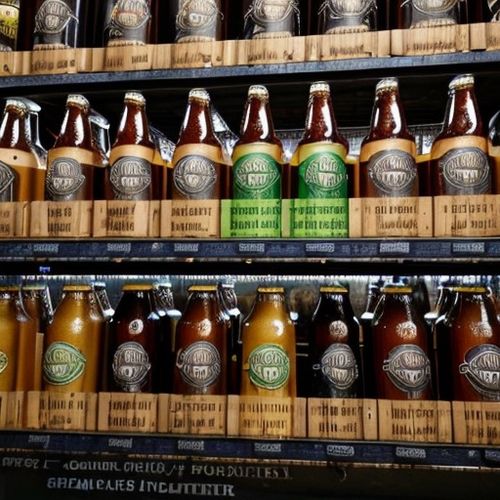
By Amanda Phillips/Apr 10, 2025
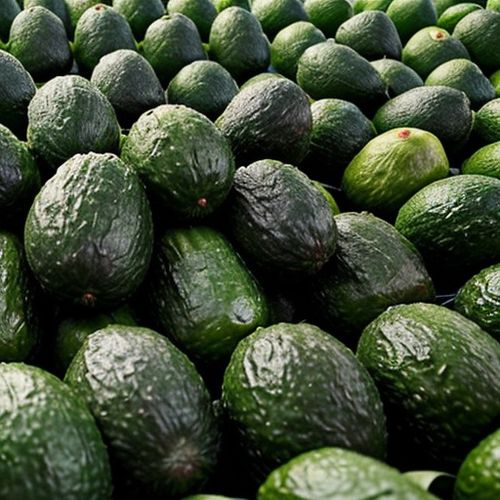
By James Moore/Apr 10, 2025
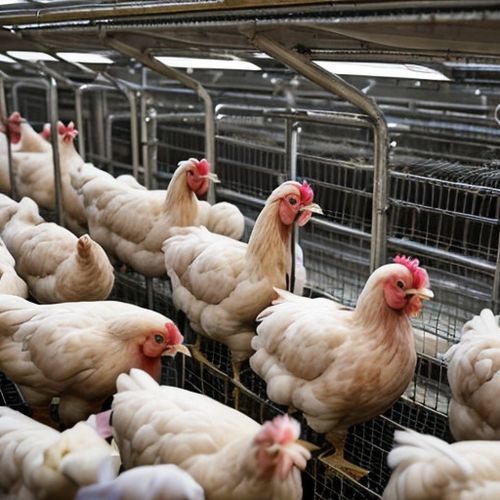
By Noah Bell/Apr 10, 2025

By Eric Ward/Apr 10, 2025
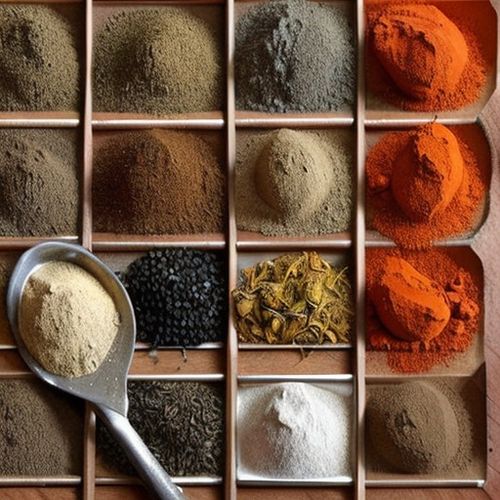
By Megan Clark/Apr 10, 2025
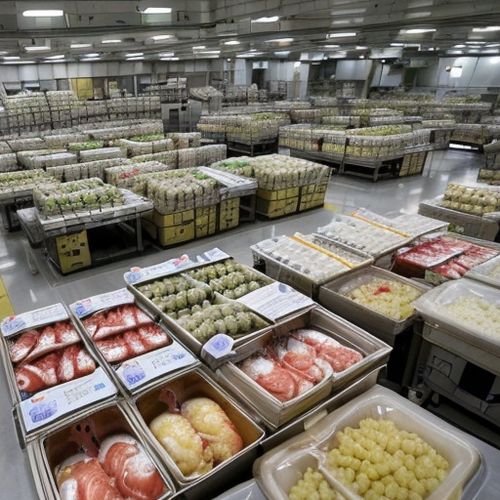
By Natalie Campbell/Apr 10, 2025
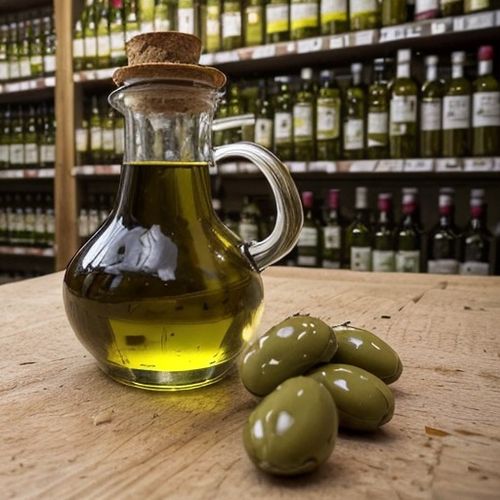
By Amanda Phillips/Apr 10, 2025
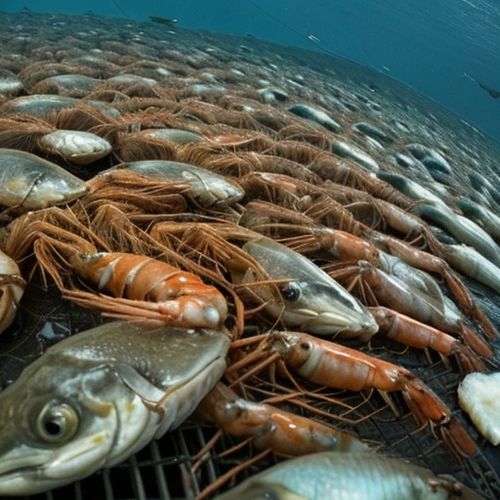
By Michael Brown/Apr 10, 2025

By Elizabeth Taylor/Apr 10, 2025
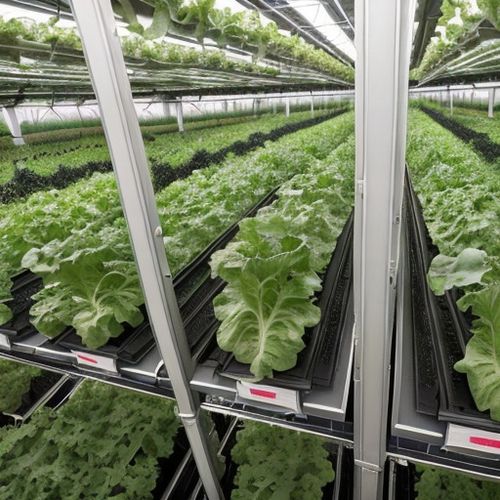
By Emma Thompson/Apr 10, 2025
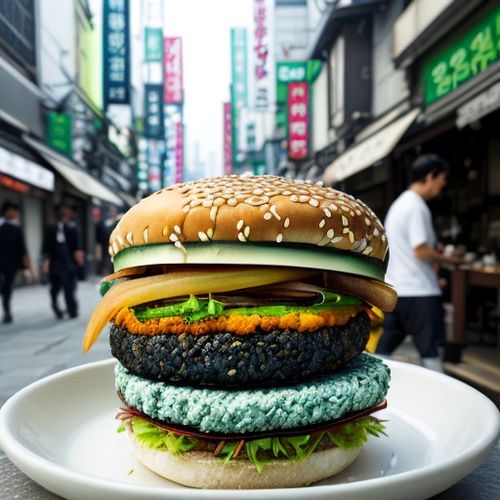
By Natalie Campbell/Apr 10, 2025
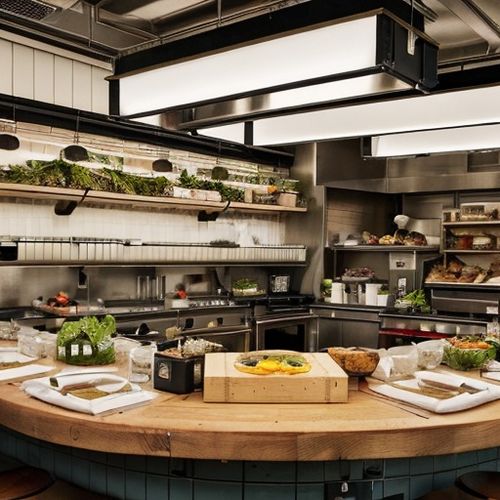
By Eric Ward/Apr 10, 2025
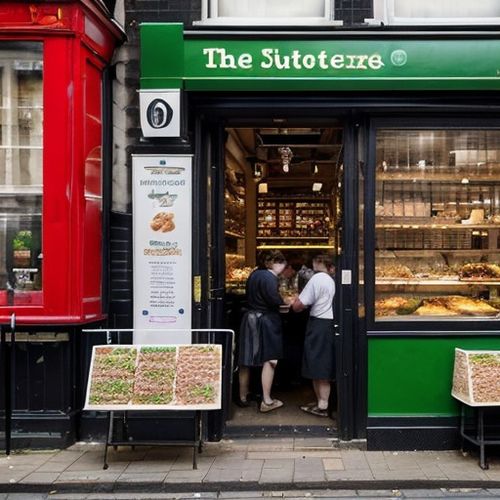
By Sophia Lewis/Apr 10, 2025